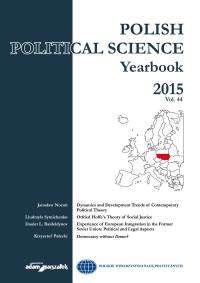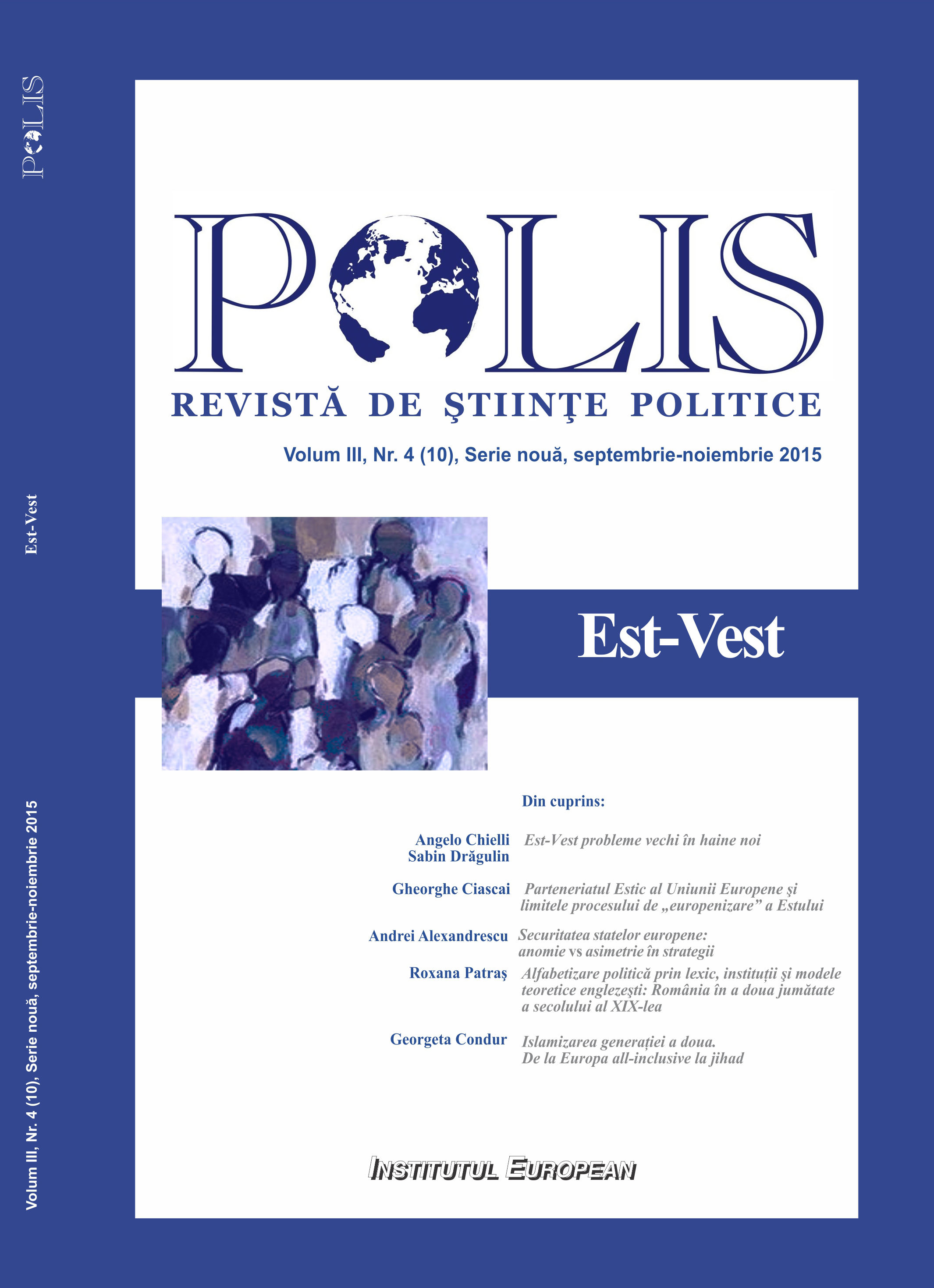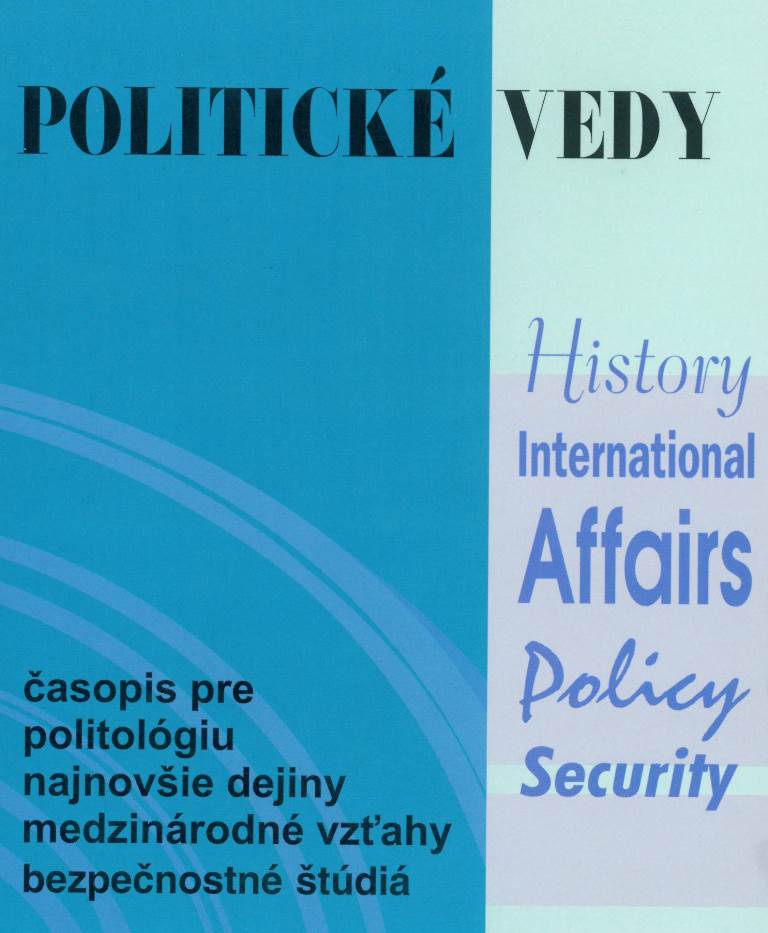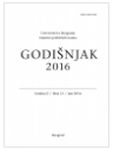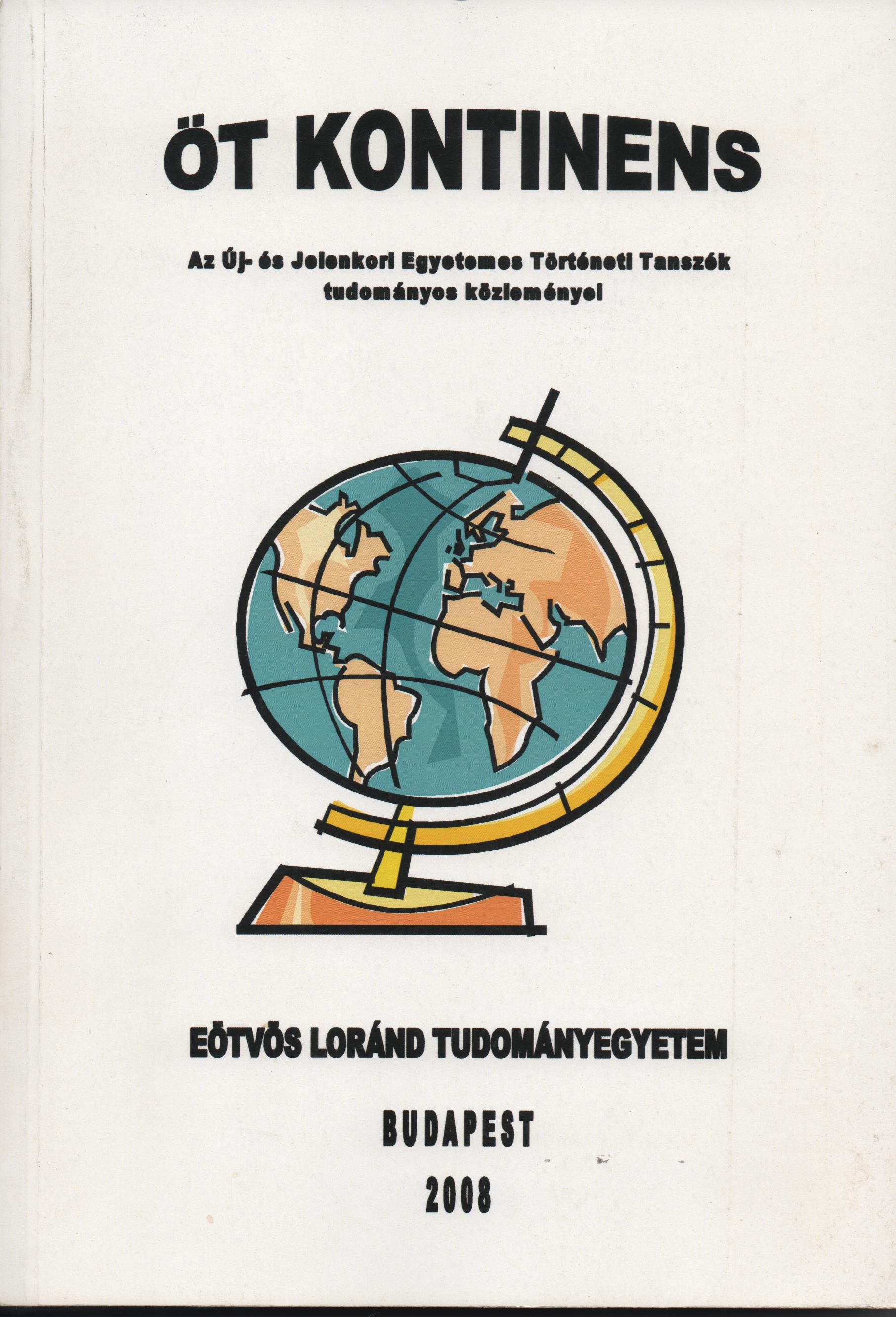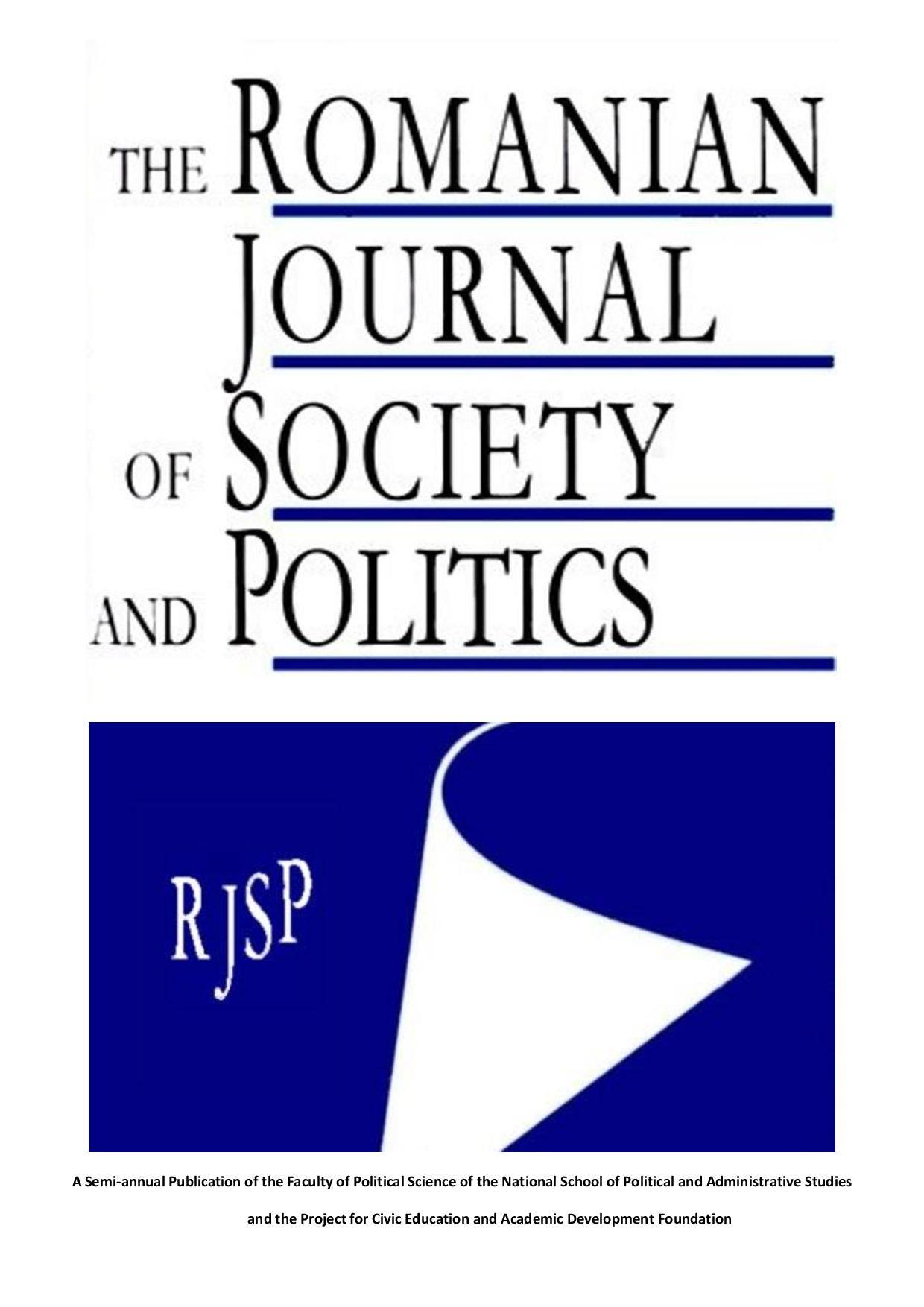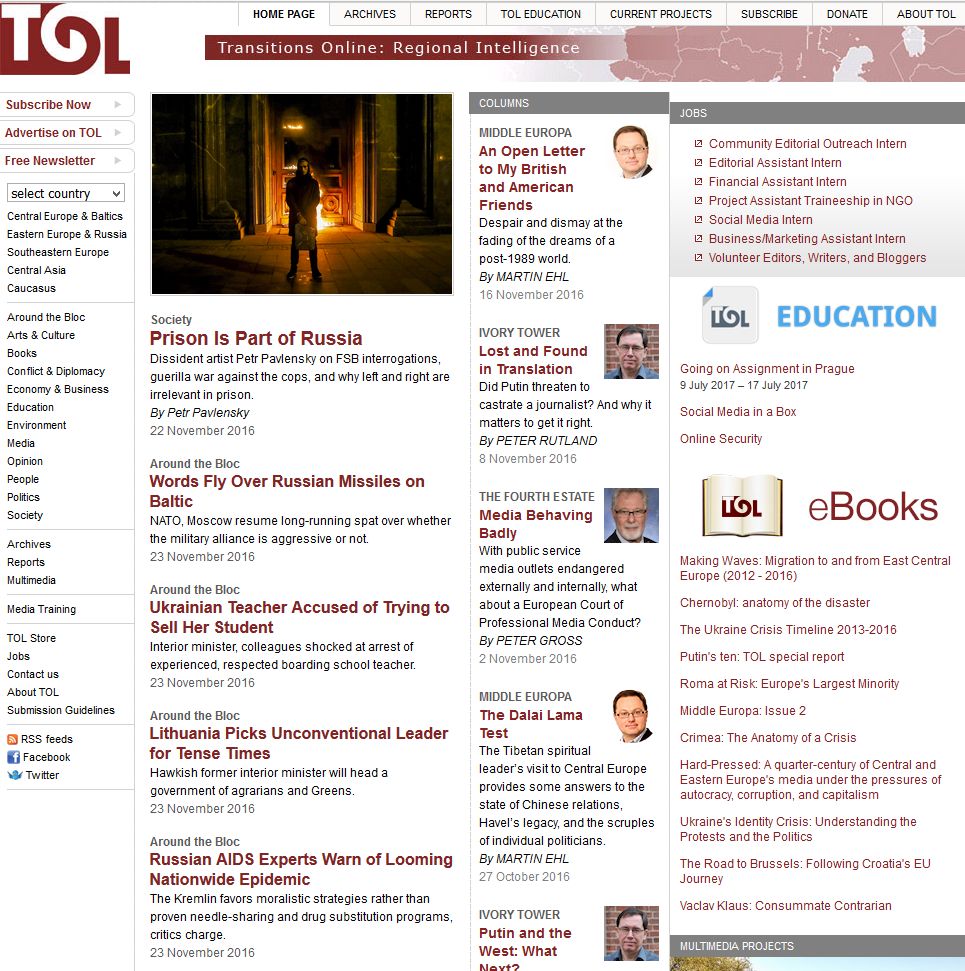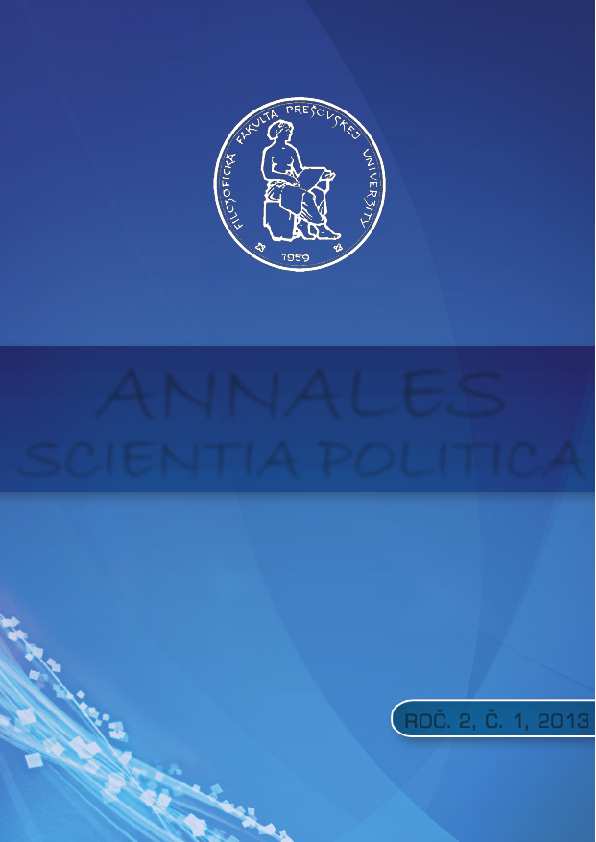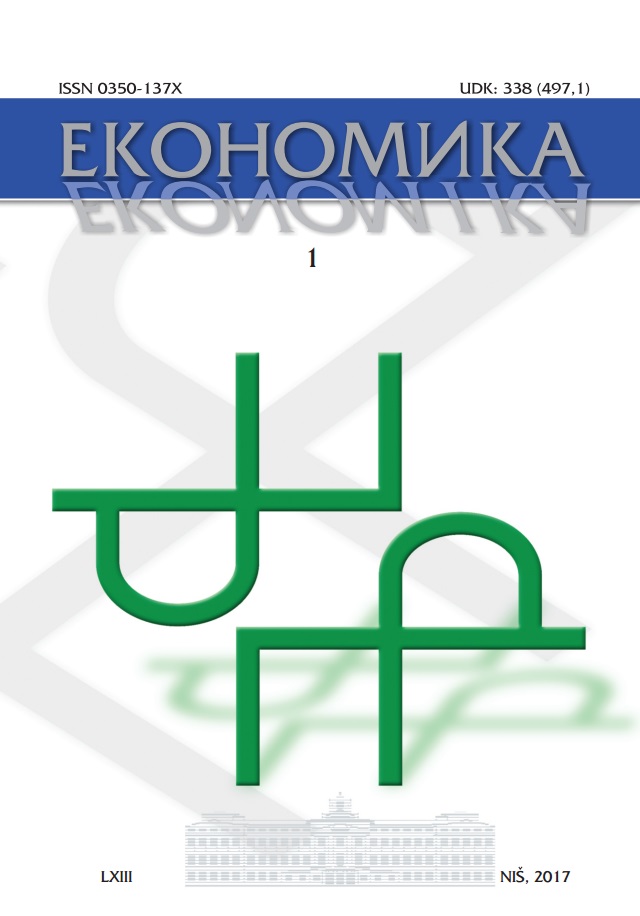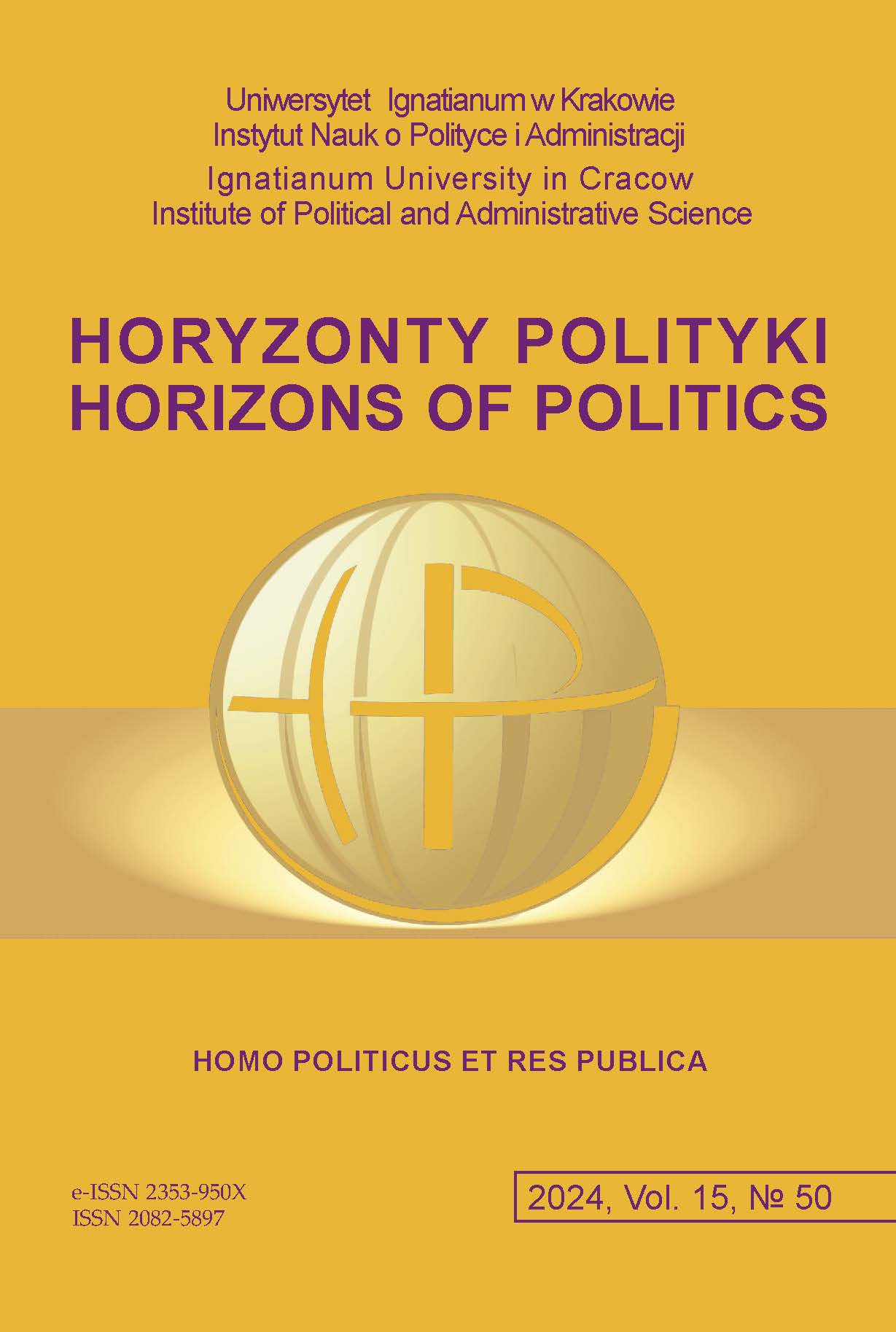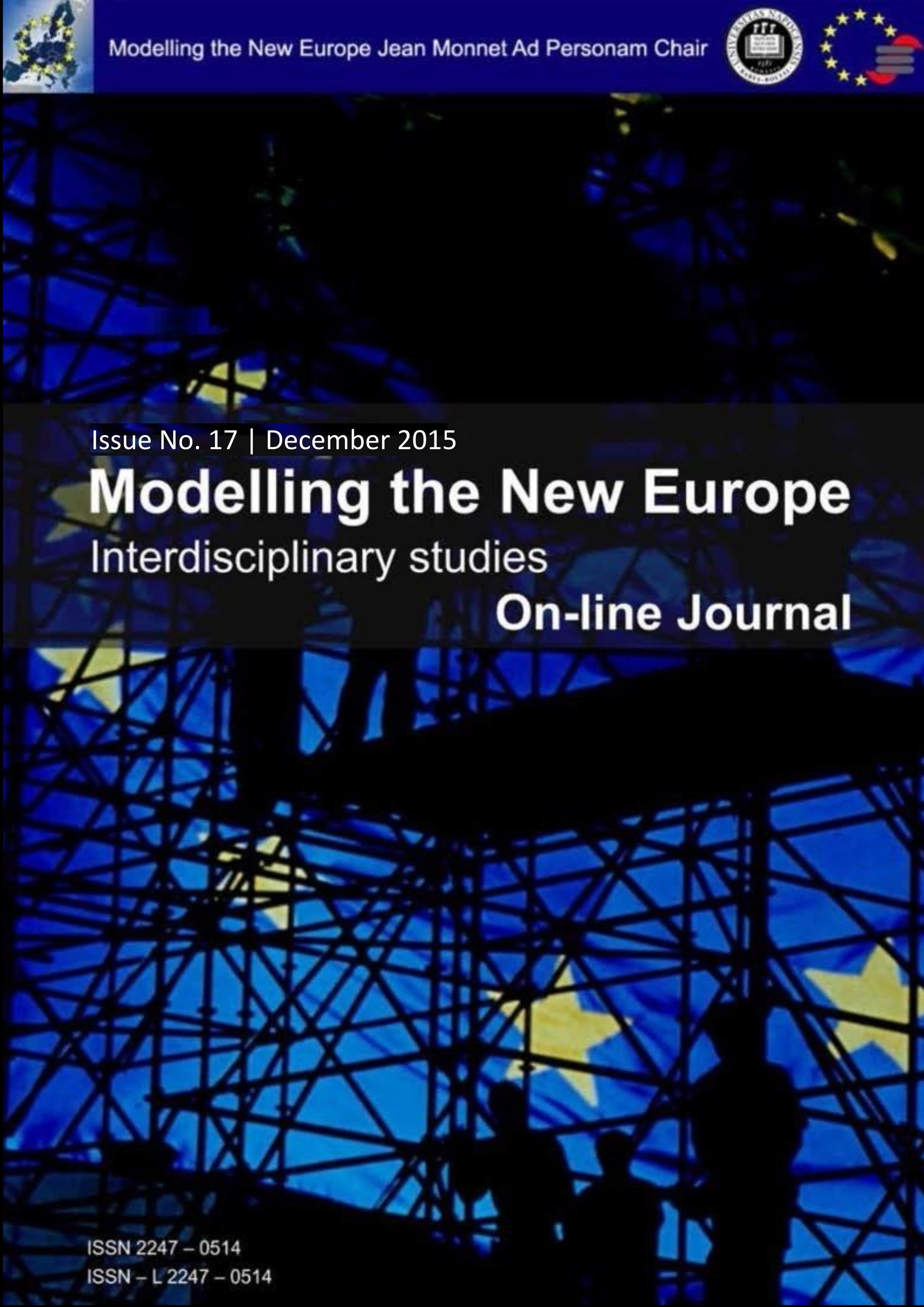
REFLECTIONS ON THE US AND BULGARIAN POLITICAL SYSTEMS - SOME (IM)POSSIBLE IMPLICATIONS
The debate about representation is quintessential for the modern understanding of democracy. However, it varies significantly both in terms of logic and mechanics throughout the democratic states. The present paper addresses a comparative perspective between two democratic political systems, Bulgaria and the USA. Though a strange couple for such a complicated and sophisticated exercise, the cases demonstrate some peculiarities which often remain not quite elaborated and explained, given the assumption that they do not share enough similarities in order to be compared. Approaching the quality of democracy by looking upon their electoral practices and methods stands for a provocative viewpoint of their political systems and modes of governance. Some major implications on contemporary democratic developments are also presented, as voters’ participation and interest is equally important to the overall quality of governance than the abilities of politicians and political parties
More...
